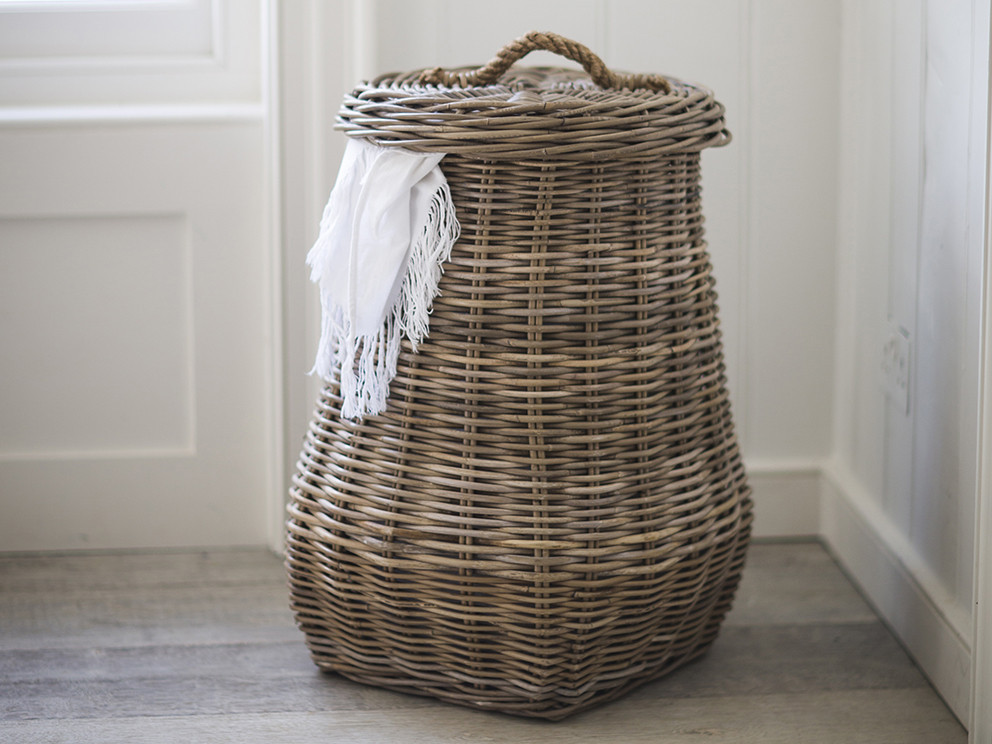
DID YOU KNOW ?
The cleaning of clothes represents 80% of the consumption of water and energy used during their life cycle.
&
Washing and drying 1kg of clothes throughout their life cycle create 11kg of greenhouse gas.

How can you reduce your ecological footprint ?
• Wool is self-cleaning. Yes you read it right ! The nature is really amazing and natural fibres has wonderful physical properties. Don't forget that wool comes from animals who need it to maintain the correct temperature. Wool has natural properties like being self-cleaning thanks to the mobilty of its scales : by opening up to closing up, the scales remove any dust.
It means that even if you spent a night next to an open fire or if you eat a cheesy diner your favourite sweater will smell bad... all you have to do is to let it hangout of an open window. Your sweater will be fresh and clean as a whistle. Voilà ! You avoid the step of the washing machine.
• The dryer: try to fit a clothes horse or clothes line inside your dressing room. You will be able to dry your clothes without consuming electricity.
Sometimes all you need is an inch of ingenuity to adapt your dressing room or another room in your house with clothes lines.
• Choose a washing machine with an A+++ energy class. A washing machine consume on average 10.000 litres of water yearly. That represents an average cost of 50€ per year.
The water heating process represents 80% of the energy used by a washing machine. A half-filled washing machine consumes more. So wait to have a full washing machine before you start it.
• Wash at low temperatures : unless you have to clean really tough stains, a washing at 30° is enough ! A cotton program at 60°C use up to 30% more energy than a cotton program at 40°C.
The economic programs last longer but it allow you to reduce your consumption of water and energy. If you wash your clothes at 30°C instead of 60°C you save 60% of energy.

Follow us on our social media
Get a 10% coupon by subscribing!















